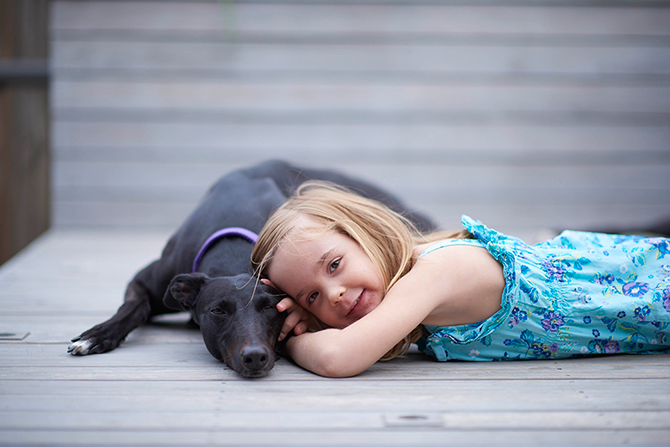
Return to sender
During the pandemic, we have witnessed regular household items become hot commodities in supermarkets, and unexpectedly, so too did dog adoptions.
Pet stores, animal shelters and breeders were inundated with enquiries as people turned to animals for comfort and to ease the anxiety of looming job losses and the threat of a recession.
Whilst it’s heart-warming to see empty cages in shelters and empty windows at pet stores, as life returns to normality, another trend is forecasted – the surrender of dogs that were adopted during the pandemic.
The cause for concern is centred around 2 key factors:
- Financial difficulty: Currently the JobKeeper and JobSeeker subsidies are supporting those whose employment has been affected by COVID. At some stage, these subsidies will be switched off and serious financial hardship may occur as a result. Consequently, the cost of caring for a pet may no longer be practical.
- Behavioural issues: As people return to work, dogs will likely experience separation anxiety which may cause them to constantly bark or display destructive behaviour. If this is the case, there is a chance that owners may surrender their ‘difficult’ or ‘naughty’ dog.
There are ways to help you and your pet prepare for life post-pandemic, here are a few tips to ensure that you and your pooch weather the storm together:
- Monitor your budget and work out the cost of caring for your greyhound. You will most likely already have all the home comforts (crate, bed, toys etc), the ongoing costs include things like food and veterinary care. Also factor in luxuries you could cut back on if necessary, like additional treats, toys and professional dog grooming. If you are affected by the loss of JobKeeper/Seeker, you will understand exactly where you stand financially for the care of your dog.
- Transition your greyhound back into normal life, where they most likely will receive less attention, and be left on their own for long periods of time while you are at work. We’ve got more tips here on how you can minimise separation anxiety for your greyhound.
GAP also has an online library of resources, packed with loads of tips and tricks to understand and manage common greyhound behaviour. We understand that every situation and greyhound is unique, so we are here to support you in any way we can -simply phone us on 1800 696 377.
As much as we would love all of our greyhounds to find their forever homes, we know that sometimes it does not always work out. If you need to speak to us about rehoming your greyhound, you can also contact us on the above number.
More news
- National Adoption Day A Huge SuccessApril 28, 2025 12:52
 GRNSW Partners With The Mark Hughes FoundationBy The News TeamApril 27, 2025 13:21
GRNSW Partners With The Mark Hughes FoundationBy The News TeamApril 27, 2025 13:21 Adopting Happiness: Kelly & SonnyBy Greyhounds as Pets NSWApril 25, 2025 14:45
Adopting Happiness: Kelly & SonnyBy Greyhounds as Pets NSWApril 25, 2025 14:45 Adopting Happiness: Mitch BeerBy Greyhounds as Pets NSWApril 25, 2025 13:00
Adopting Happiness: Mitch BeerBy Greyhounds as Pets NSWApril 25, 2025 13:00 James Tedesco Our New GAP AmbassadorBy The GAP News TeamApril 23, 2025 16:03
James Tedesco Our New GAP AmbassadorBy The GAP News TeamApril 23, 2025 16:03 A Record 81 Greyhounds adopted across NSW as Happiness takes centre stageBy Greyhounds as Pets NSWMarch 26, 2025 11:30
A Record 81 Greyhounds adopted across NSW as Happiness takes centre stageBy Greyhounds as Pets NSWMarch 26, 2025 11:30